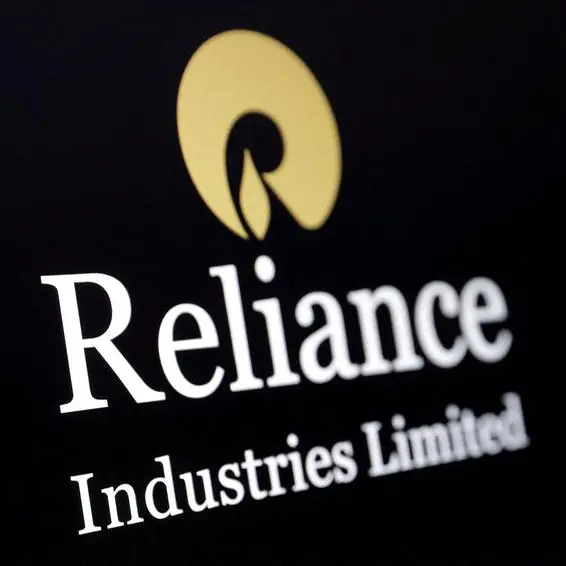PHOTO
The US-based investment manager Nuveen, which opened its first Middle East office at Abu Dhabi's ADGM last year and currently manages between $3 billion and $5 billion in the region, expects its assets under management (AUM) in the region to double over the next three years.
Nuveen is a $1.3 trillion asset management firm owned by the US teachers pension fund, TIAA, and is active in both private and public markets.
In an interview with Zawya, Fadi Khoury, Head of Middle East at Nuveen, said alternative credit is a key area of focus at Nuveen. Rather than concentrating on a single asset class, the investment company is building capabilities across three main strategies: private credit, energy infrastructure credit, and real estate debt.


Of these, private credit—specifically direct lending—is key, followed by energy infrastructure credit and collateralized loan obligations (CLOs)
Real estate debt and asset-backed lending represent a smaller, "but still important, part of our platform", he said.
Partnering for growth
Nuveen has initiated a partnership with a GCC-based sovereign wealth fund that is primarily focused on alternative credit. It is aiming to build similar relationships with regional institutional investors.
“We have the capability and the know-how, we'll definitely be looking to replicate that with other sovereign wealth funds.”
“As part of TIAA, Nuveen manages a $350 billion general account, which gives us an understanding of the needs of asset owners,” said Khoury. “What sets Nuveen apart is our dual identity: we are both an asset manager and an asset owner.”
This alignment, he said, allows them to engage with partners not just as managers of capital, but as peers who share similar long-term objectives.
Setting up in Abu Dhabi’s financial centre gives the investment manager access to around $2 trillion of funds held by sovereign wealth funds, pension funds, family offices, and key financial institutions.
According to Khoury, who has been in the region for 18 years, over the past decade institutional investors in the Middle East have been steadily increasing their allocations to private markets.
“Initially, private equity dominated these allocations. However, over the last 5–10 years, and especially in the past five, alternative credit has emerged as a core allocation.”
Nuveen has onboarded three institutional investors into its collateralised loan obligation (CLO) strategies.
“While I can’t share specific figures due to confidentiality, I can say that interest is growing. CLOs were once considered niche, but they are becoming more mainstream as regional investors become more sophisticated,” he said.
At the moment, Nuveen’s expertise in energy infrastructure credit has been primarily focused on projects in the US, with some exposure in Europe. The company hasn’t yet extended this strategy to the Middle East, “not due to a lack of opportunity, but because our current platform and teams are not yet established in the region for this specific area”, he added.
Within Nuveen’s current strategy, approximately 70% of energy infrastructure credit supports renewable energy and digital infrastructure—including projects tied to AI, electrification, and digital transformation.
“While we’re not yet active in this space in the Middle East, we see strong potential as regional projects grow in scale and complexity,” Khoury said.
(Reporting by Brinda Darasha; editing by Seban Scaria)





















